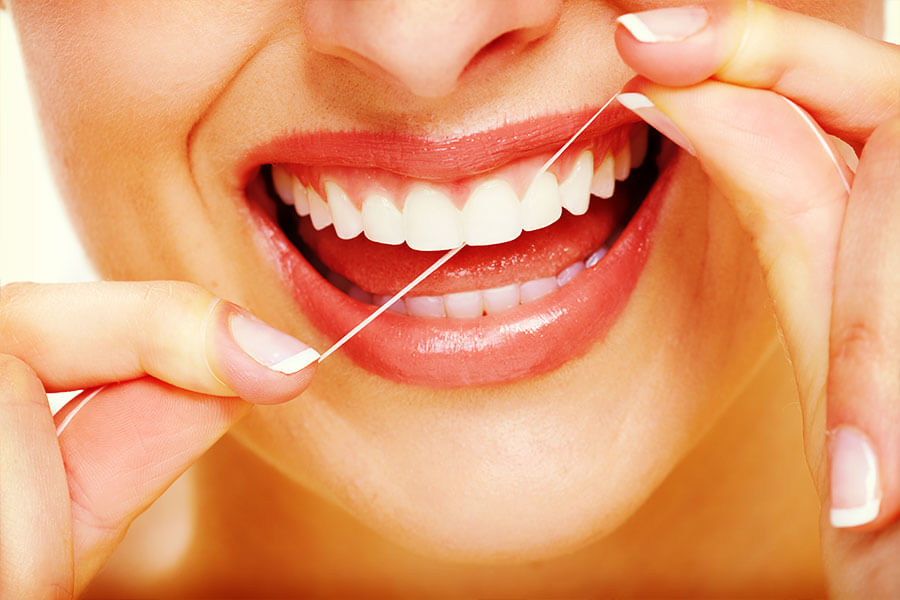Women and their Oral Health
September 3, 2019

Women have different oral health concerns than men. Most of these differences are due to changes in hormones throughout the month and throughout our lives. But don’t worry, good home care, regular dental visits and a healthy diet can combat most of these problems, leaving us with healthy mouths and bodies.
Menstrual Cycle
During ovulation and leading up to menstruation, there is an increase of the hormone progesterone. This can lead to swelling and bleeding of the gums. Also many women get canker sores during their periods. These are white, painful sores inside your mouth.
What can I do?
We use a diode laser, in our office, to treat canker sores. This usually eliminates the associated pain and also reduces the chances of recurrence of the sore. Excellent home care will reduce the amount of inflammation during your cycle.
Birth control
Birth control raises your levels of estrogen and progesterone. This can inhibit clot formation, so if you are getting a tooth extracted, you have a higher chance of a dry socket (which hurts a lot). Some medications and natural remedies can reduce the effectiveness of your birth control. Common dental antibiotics do not do this.
What can I do?
If possible, wait until you are on your inactive pills to have your extraction. Consult with your physician to see if your medications or supplements interfere with your birth control.
Pregnancy
There is an old wives tale, “one baby, one tooth.” There are several factors that contribute to decline in oral health while pregnant, but there are solutions.
Vomiting, reflux and cravings
Some women have vomiting and reflux during pregnancy. The acids erode your enamel (the hard, protective layer on the outside of your teeth). Others have cravings for sugary foods, which cause cavities.
What can I do?
If you vomit or have reflux, do not brush right away, as your enamel is soft and susceptible to erosion. Instead, rinse with water with a teaspoon of baking soda. Then wait 30 minutes before brushing your teeth. This will neutralize the acidic environment in your mouth and give your enamel time to harden. Avoid sugary or acidic foods.
Periodontal disease
Sensitive gums from hormonal changes and nausea caused by flavored toothpastes can lead to gum disease (periodontal disease). Pregnant women have 40% higher blood volume, which can cause bleeding gums. Severe periodontal disease can lead to low birth weights. Severe infections can cause miscarriage.
What can I do?
Good home care and regular visits for dental cleanings will help you maintain healthy gums. Antibacterial mouthwash will also improve gum health. Elective dental care should be avoided during the 1st trimester, while the fetal organs are developing, but can be performed in the 2nd and 3rd trimesters.
Menopause
Postmenopausal women have a decrease in estrogen. This can lead to dry mouth, which can lead to cavities. This is because you do not have as much saliva, which naturally rinses and buffers your teeth. Osteoporosis can lead to bone loss and acceleration of periodontal disease.
What can I do?
If you have dry mouth, drink a lot of water and suck on sugar-free candies to stimulate salivary flow. Avoid sugary and acidic foods. Patients with osteoporosis should take extra care to maintain their gingival health, to avoid infection.